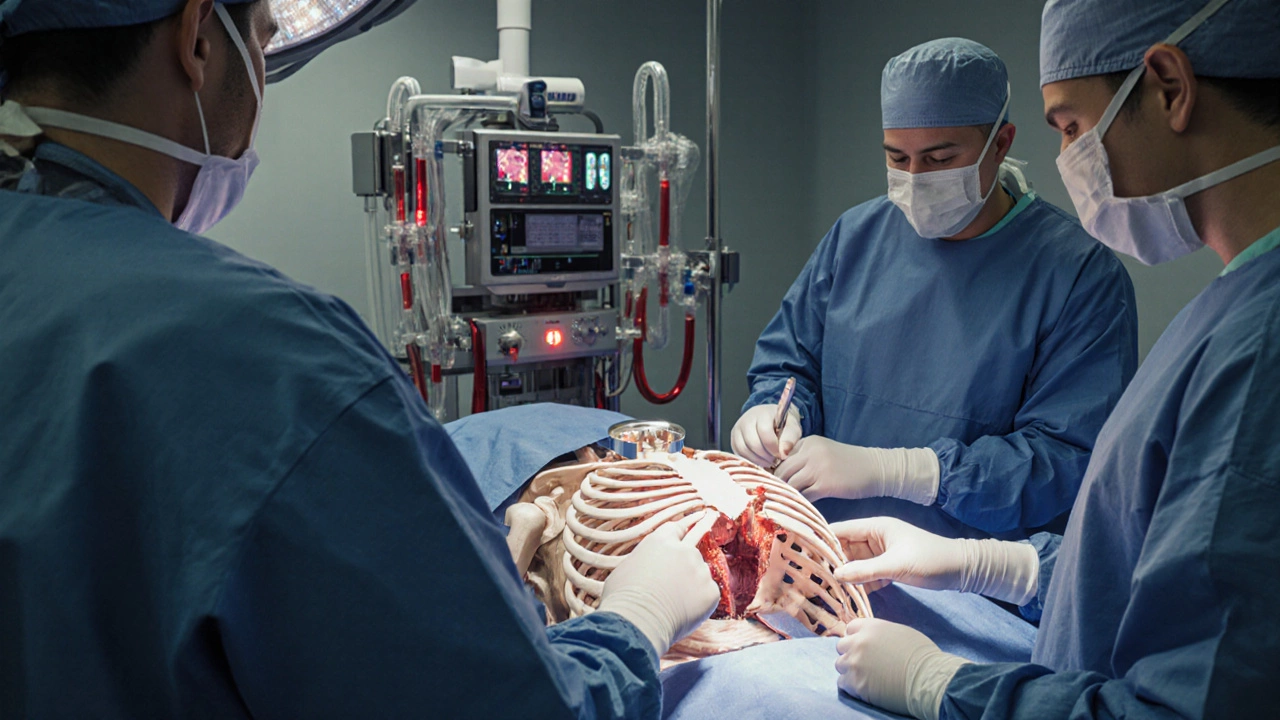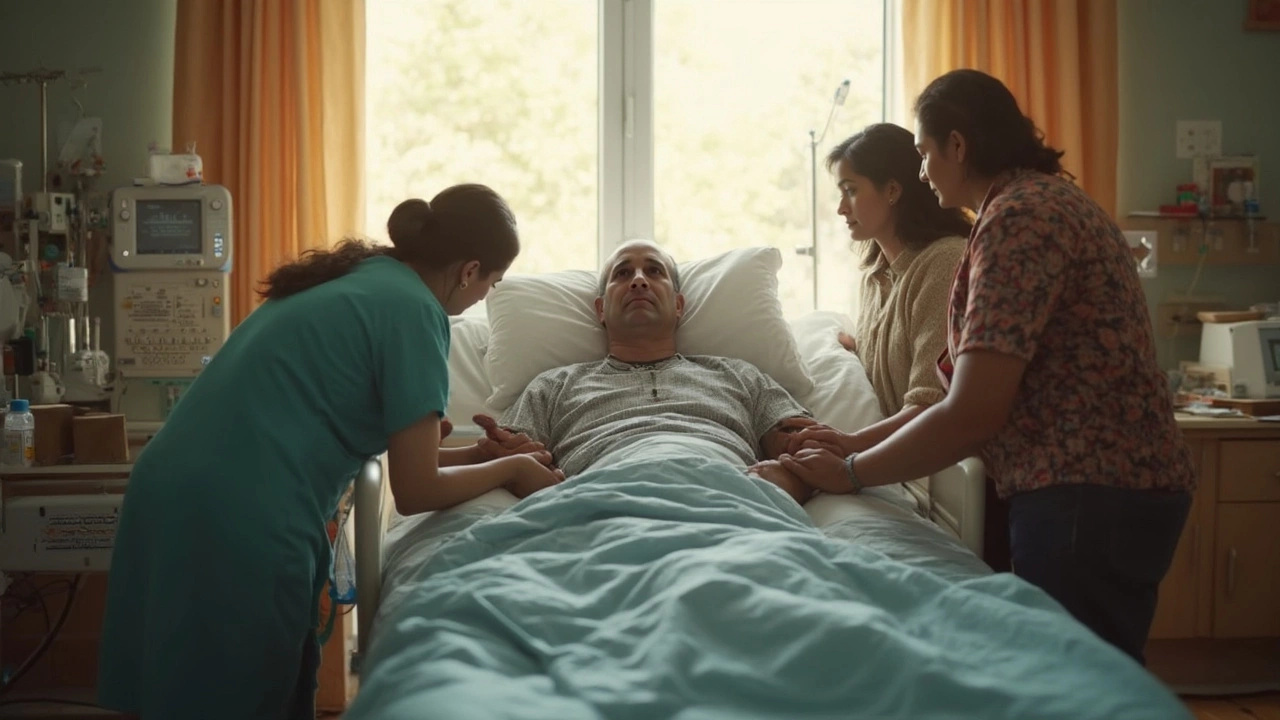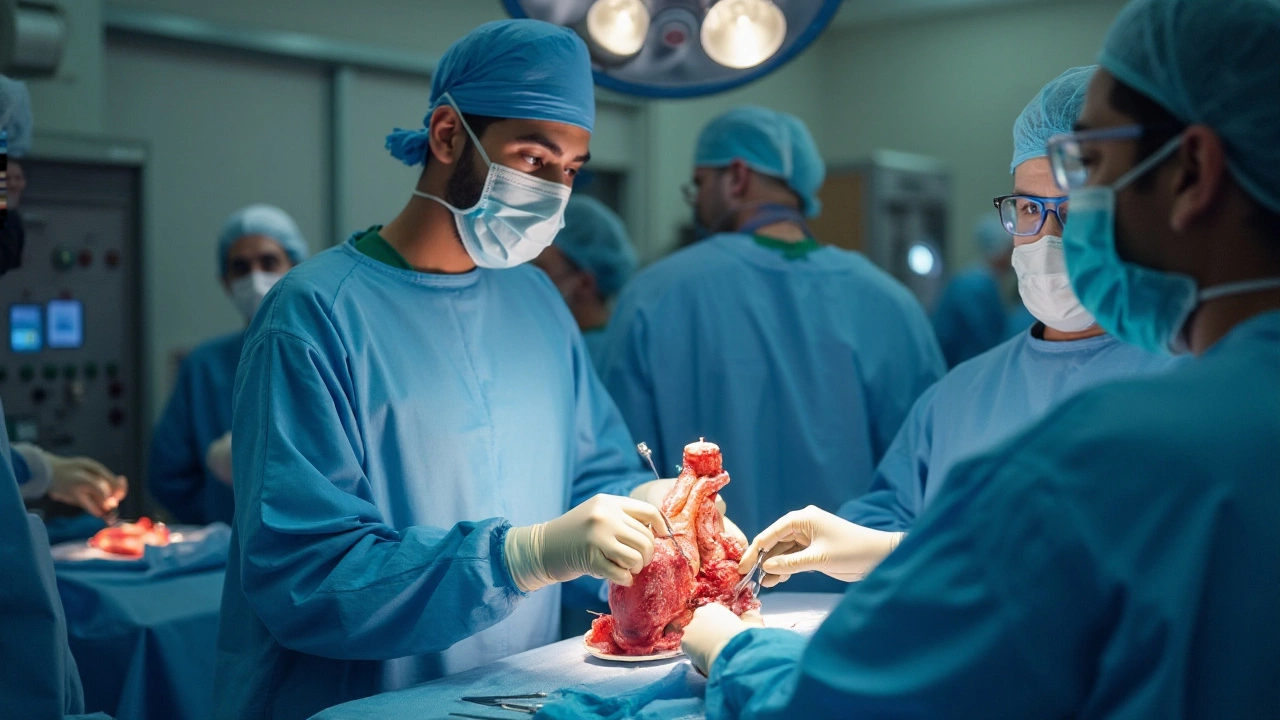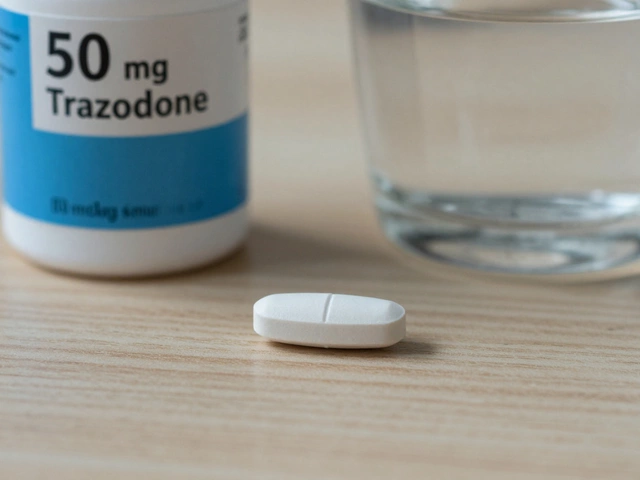Discover which two surgeries cause the most pain, why they’re so intense, and how patients manage recovery after heart operations.
Read MoreHeart Surgery: What to Expect Before, During & After
Thinking about heart surgery can feel overwhelming, but knowing the basics makes the whole process less scary. This guide breaks down the key steps – from the night you’re admitted, through the few days in the hospital, to the first weeks at home. You’ll get straight‑forward tips you can start using right away.
Typical Hospital Stay and Early Recovery
Most people spend 3‑7 days on the cardiac ward, depending on the procedure and how their body reacts. The first 24‑48 hours focus on pain control, breathing exercises, and getting the incision site clean. Nurses will teach you how to use an incentive spirometer – a simple device that helps keep your lungs clear. Expect short walks each day; even a few steps inside the room boost circulation and speed up healing.
While you’re in the hospital, the team will monitor your heart rhythm, blood pressure, and wound. Pain meds are given on a schedule, not just when you ask, so you stay comfortable and can start moving sooner. Ask the nurse how to adjust the medication if you feel a headache or nausea – they’re there to help you fine‑tune it.
Living After Heart Surgery: Everyday Tips
Once you’re home, the real work begins. The first two weeks are the most critical for wound care and gentle activity. Change dressings as your doctor shows you, and keep the area dry. A light, heart‑healthy diet – think lots of vegetables, lean protein, and whole grains – supports tissue repair and keeps your cholesterol in check.
Gradually increase your activity. Start with short walks around the house, then add a few minutes each day. Listen to your body; if you feel unusual shortness of breath, pause and call your doctor. Getting enough sleep, staying hydrated, and avoiding heavy lifting (nothing over 5 kg) for the first month are simple rules that make a big difference.
If you’re wondering “what’s life like after heart surgery?” check out our post “Life After Heart Surgery: Recovery, Expectations, and Real‑Life Tips.” It dives deeper into emotional adjustments, returning to work, and practical lifestyle tweaks. For exact numbers on hospital stay length and factors that can shorten or lengthen it, see “Average Hospital Stay After Heart Surgery: What to Expect & Helpful Tips.”
Remember, follow‑up appointments are non‑negotiable. Your surgeon will want to see the scar, run an ECG, and discuss any medication changes. Bring a list of questions – like when you can restart sports or how to manage cholesterol meds – so you leave the visit with clear answers.
Finally, don’t underestimate the power of support. Friends, family, or a cardiac rehab group can keep you motivated on tough days. Share your progress, celebrate small wins, and lean on others when you need a boost.
Heart surgery is a big step, but with the right knowledge and a steady plan, you can get back to the things you love faster than you think. Use the tips above, read the linked articles for deeper insight, and stay proactive about your recovery. Your heart deserves the best care – and you’ve just taken the first step toward a healthier future.
Heart surgery is no walk in the park, but some procedures take recovery to a whole new level. This article breaks down why certain heart surgeries are so hard to bounce back from. Expect real talk about pain, daily challenges, and what recovery actually looks like. You’ll also find practical tips to ease the process and some interesting facts that might surprise you. Whether you’re prepping for surgery or helping someone who is, you’ll get real-world advice here.
Read MoreWondering if open-heart surgery still involves breaking ribs? Explore the fascinating advances in heart surgery techniques that have rendered many traditional practices obsolete. Discover the modern alternatives now available, the risks involved, and what to expect during recovery. An essential read for anyone curious about cutting-edge medical procedures and heart health.
Read MoreHeart surgeries vary in complexity and risk. Some require exceptional skill due to the intricacies involved, such as heart transplants, coronary artery bypass grafting, and valve replacements. These surgeries demand a combination of expertise, precision, and sometimes innovative approaches. Understanding what makes them so challenging can provide insight into the advancements and dedication in the field of cardiac surgery.
Read More







